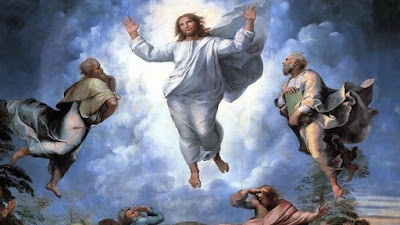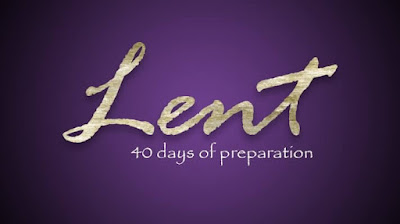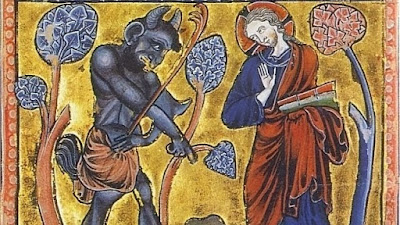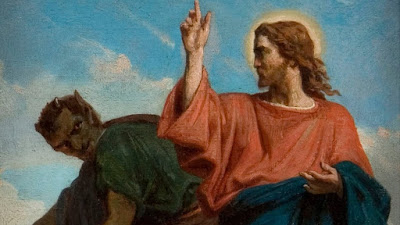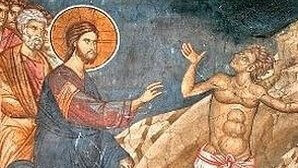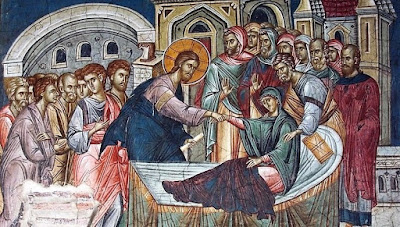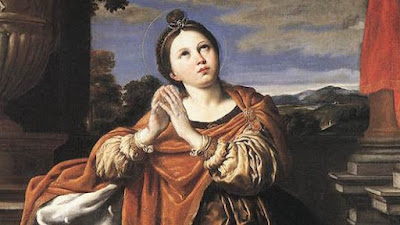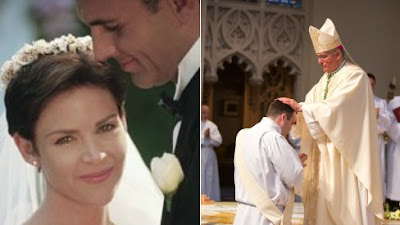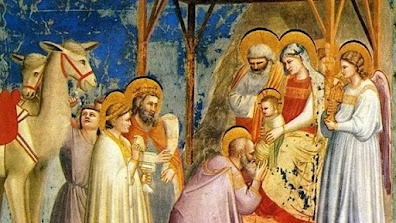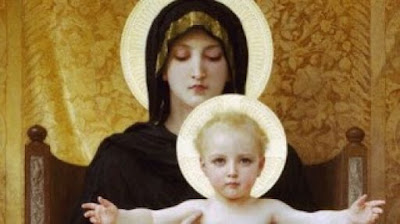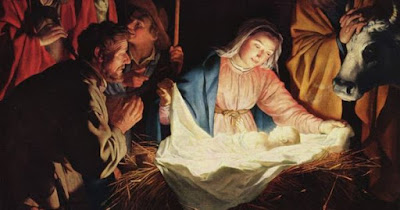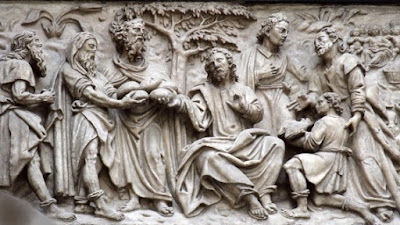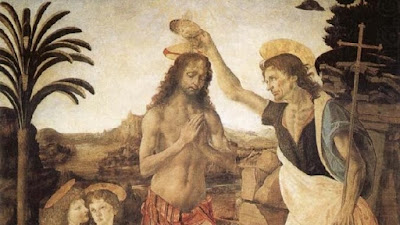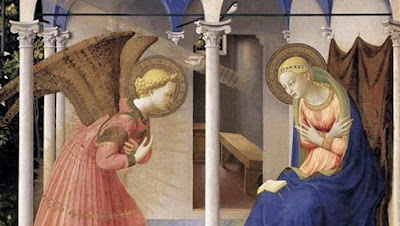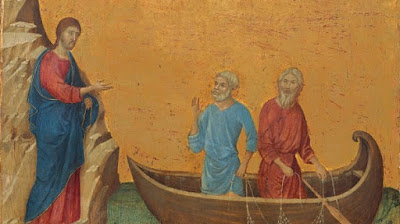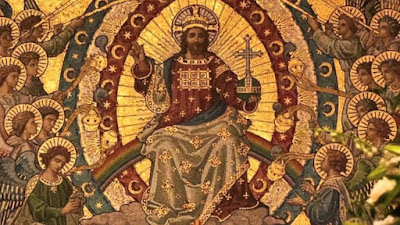"Hallowed Be..." A Reflection for the 3rd Sunday of Lent, Year B
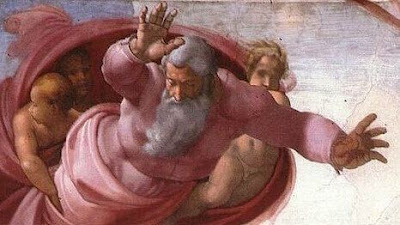
By Fr. René J. Butler, M.S. Provincial Superior, La Salette Missionaries of North America (Exodus 20:1-17; 1 Corinthians 1:22-25; John 2:13-25) Every time we recite the Lord’s Prayer, we say, "Hallowed be thy name". This is raised as a concern by Our Lady of La Salette, in two distinct contexts. First, she expresses her sadness at the abuse of her Son’s name. Later, she encourages the children to say at least an Our Father and a Hail Mary in their night and morning prayers. This is also her way of reminding us of the Commandment: You shall not take the name of the Lord, your God, in vain. Interestingly, the notion of “hallow” occurs in the next commandment: Remember to keep holy the Sabbath day. Our Lady reminds us of this commandment as well. ‘Hallow’ and ‘holy’ are what linguists call cognate words. Like ‘strengthen’ and ‘strong,’ one is a verb and the other an adjective to express the same idea. In the Gospel, Jesus was angry that the Temple, his Father’
